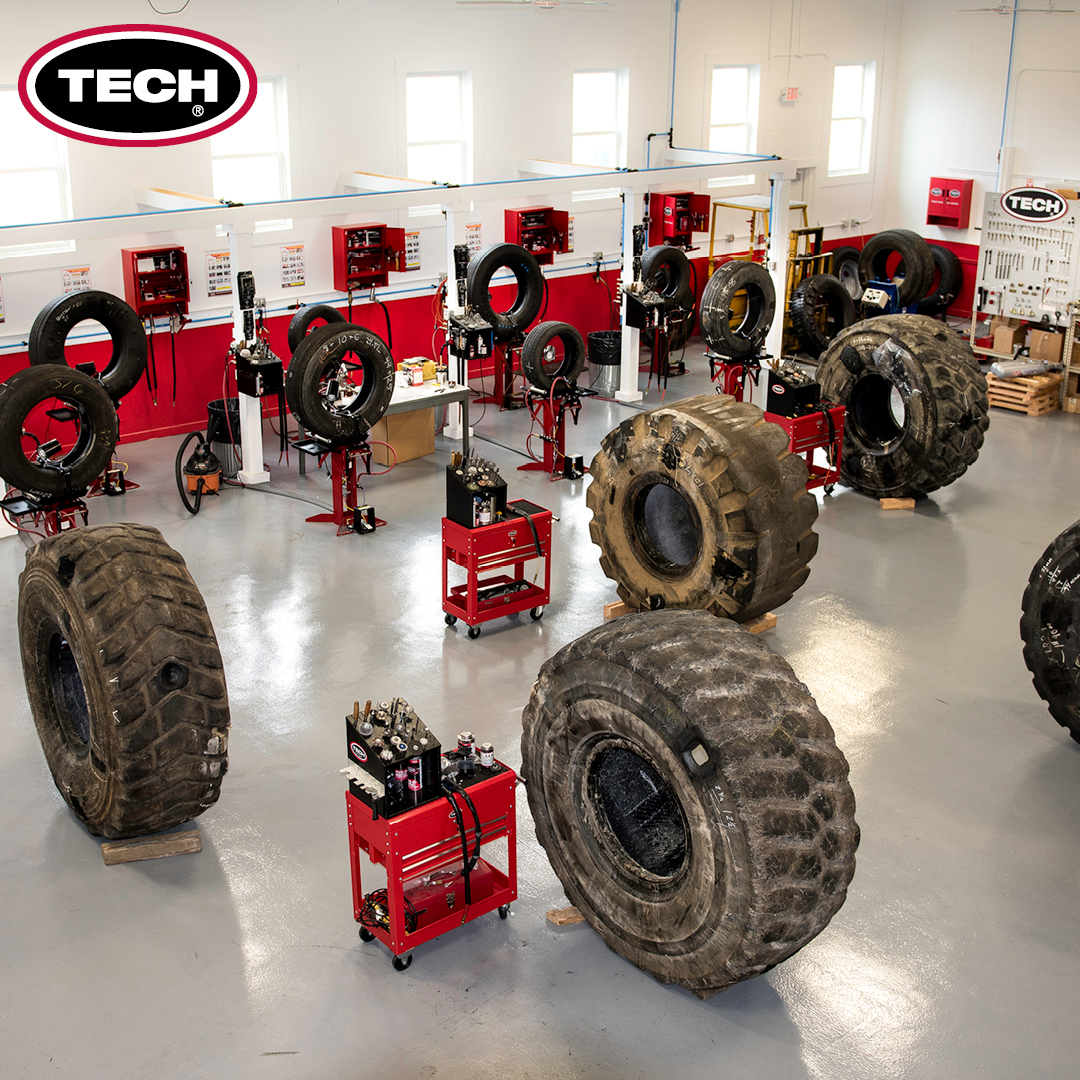Unsurpassable Deals at Morris Tire: Your Best Place for Discount Tires Morris IL
Unsurpassable Deals at Morris Tire: Your Best Place for Discount Tires Morris IL
Blog Article
The Ecological Benefits of Proper Tire Upkeep
Maintaining appropriate tire treatment is usually ignored, yet its impact on the atmosphere is extensive. Proper tire upkeep not just extends the life expectancy of tires yet also reduces land fill waste and contributes to improved air high quality.
Minimized Fuel Usage
Improving tire maintenance techniques can lead to a considerable reduction in gas intake for vehicles. According to the U.S. Department of Energy, underinflated tires can lower gas mileage by 0.2% for every 1 psi drop in stress in all 4 tires.
Along with tire stress, routine tire rotations and positionings also play a critical duty in gas effectiveness. Unevenly worn tires can raise gas usage as the engine works harder to maintain rate and grip. By preserving appropriate positioning and turning tires at suggested intervals, drivers can ensure even wear and prolong the life of their tires, ultimately conserving gas and minimizing their carbon footprint.
Extended Tire Lifespan
Extending the life expectancy of tires is a vital facet of reliable vehicle maintenance practices that can yield cost financial savings and ecological benefits over time. By properly keeping tires, motorists can dramatically lengthen their functionality, reducing the regularity at which brand-new tires need to be made and old ones gotten rid of. This not only saves useful resources yet likewise decreases the energy and exhausts related to tire manufacturing and disposal processes.
Regularly examining tire pressure, turning tires, and ensuring appropriate placement are vital actions in extending tire life expectancy. Adequate walk deepness is essential for ideal traction and security, however it also plays a function in how much time tires can be made use of before needing substitute. Additionally, avoiding aggressive driving actions that accelerate tire wear, such as extreme stopping and doglegs, can even more improve tire resilience.
Eventually, raising the longevity of tires through positive upkeep not just benefits the environment by decreasing waste and saving sources yet also results in cost financial savings for lorry owners by delaying the need for brand-new tire acquisitions.
Lower Exhausts Output
Reliable tire maintenance practices contribute to a reduction in discharges outcome, aligning with ecological sustainability goals in the vehicle market. Properly inflated tires, regularly turned and aligned, can improve fuel effectiveness, therefore reducing the total co2 emissions from lorries. When tires are underinflated, the engine must function harder to move the car, resulting in enhanced fuel intake and greater discharges. By preserving optimal tire pressure degrees, motorists can assist reduce these negative ecological effects.
Furthermore, well-maintained tires additionally enhance traction and minimize rolling resistance, even more boosting fuel efficiency. This, subsequently, minimizes the amount of exhaust gases launched right into the ambience. Additionally, ensuring tires are correctly blown up and lined up can prolong the life expectancy of the tires, decreasing the regularity of tire substitutes and the connected ecological expenses of tire manufacturing and disposal.

Lowered Garbage Dump Waste
Offered the favorable influence of correct tire upkeep on minimizing discharges outcome, one more considerable environmental benefit is the capacity for decreased landfill waste. By guaranteeing that tires are appropriately pumped up, lined up, balanced, and revolved routinely, their lifespan can be dramatically expanded.

Improved Air Top Quality
Enhancing air quality with proper tire maintenance techniques is an essential facet of lasting environmental stewardship. When tires are underinflated, they develop more rolling resistance, bring about increased fuel intake and higher emissions of unsafe pollutants such as carbon monoxide gas and nitrogen oxides. Effectively inflated tires not only her latest blog enhance gas efficiency but likewise reduce the amount of contaminants launched right into the air.
Furthermore, well-kept tires with correct tread depth and positioning add to safer driving conditions, lowering the likelihood of mishaps that can cause the release of additional contaminants into the ambience. By extending the lifespan of tires with normal upkeep and rotation, less tires are thrown out prematurely, More about the author reducing the ecological effect of tire disposal and manufacturing procedures.
Verdict
In conclusion, proper tire upkeep uses various environmental advantages. this post It is vital for individuals to focus on tire maintenance as a simple yet reliable method to protect the atmosphere for future generations.
Correct tire upkeep not only expands the life expectancy of tires but additionally reduces landfill waste and adds to improved air quality - tire tracks morris il. By keeping correct positioning and rotating tires at recommended periods, vehicle drivers can guarantee also lengthen the life and use of their tires, inevitably saving fuel and decreasing their carbon impact
By properly keeping tires, motorists can significantly prolong their usability, lowering the frequency at which new tires need to be manufactured and old ones disposed of.Frequently examining tire stress, rotating tires, and guaranteeing correct positioning are essential actions in expanding tire lifespan. Additionally, making sure tires are correctly blown up and straightened can prolong the lifespan of the tires, minimizing the regularity of tire replacements and the linked ecological costs of tire production and disposal.
Report this page